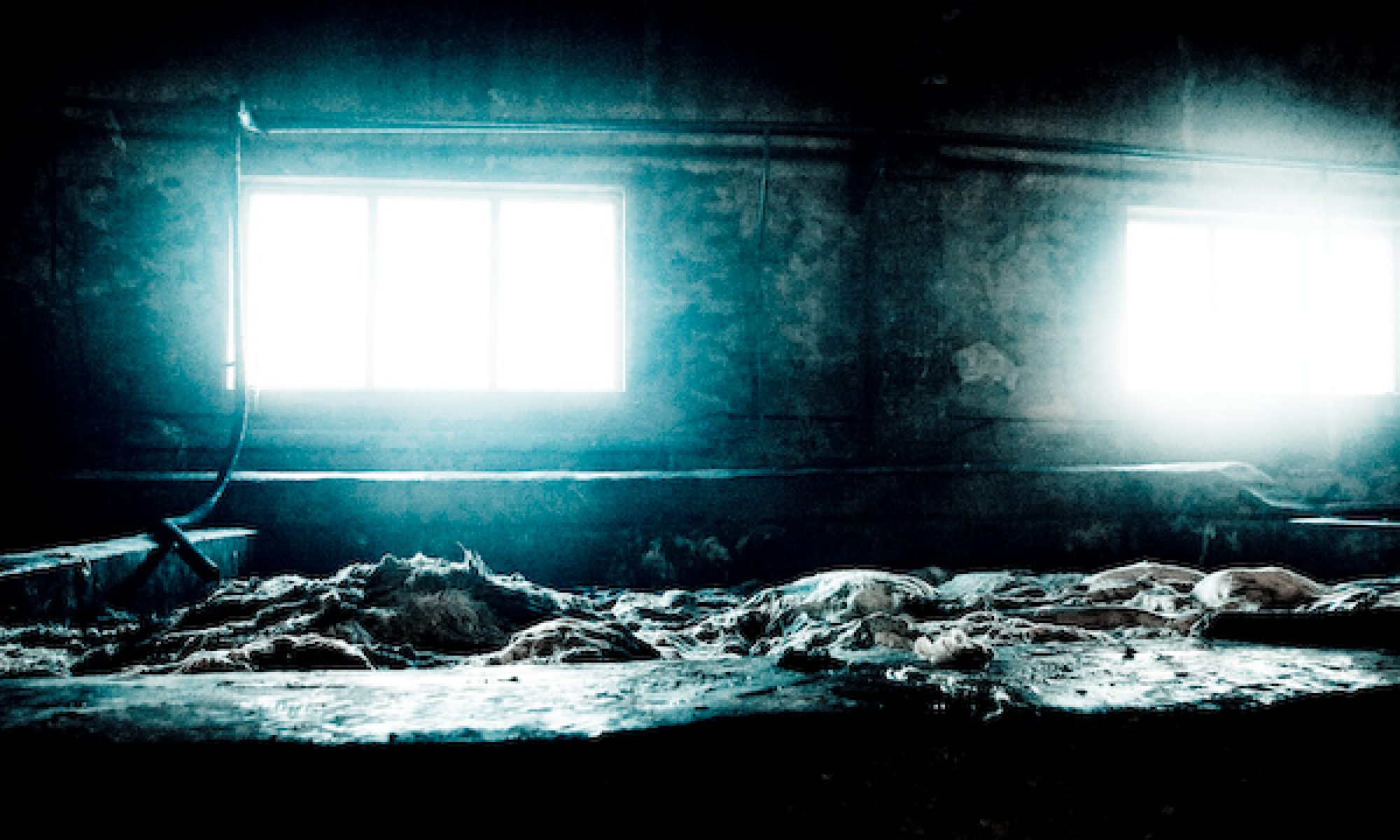This semester was a progression of experimentation. We began with the known, the real (?), the (mostly) representational—then moved to where we decide what is real, and the world is at our mercy (even more). Then we entered poetry, where in some ways there is more structure (form)—but in most there is less—if only in the infinite ways one can combine words within the context of poetry without worrying about sentences or grammar—only the feeling one wants to evoke. For me, all three genres had/have something to offer, and also have elements that freeze me up in different ways (though its mostly all the same demon just with different faces). With more freedom comes responsibility, which is a pressure that creates anxiety for me as my mind hollers about how my language is betraying its beautifully conceived ideas; in non-fiction it is reality that my words are compared against (or at least my conception of that).
In Tibetan Buddhism, there is a cord one is given taking refuge or visiting a high-ranking Lama called a mind-cord. It’s a piece of string worn about the neck to protect the wearer from their mind. I think the Buddhists are onto something. Our minds are what make us so powerful—give us our imagination, creativity, but also make us so powerful—give us our imagination, creativity, but also our neuroses and psychoses. Though perhaps it can be argued that these are two separate entities—if only conceptually. The gremlin that sits on our shoulder embodying the latter of the two.
This is where emotion, or motivation, and structure enter. If I am excited to write and I don’t think—just let things flow—I have less trouble. Similarly, if such a state is induced by giving oneself up to imposed rules (a writing game), the chances for “success” are also increased. Also, the importance of not just “getting” but internalizing that not every piece must be a masterpiece can only help further.
